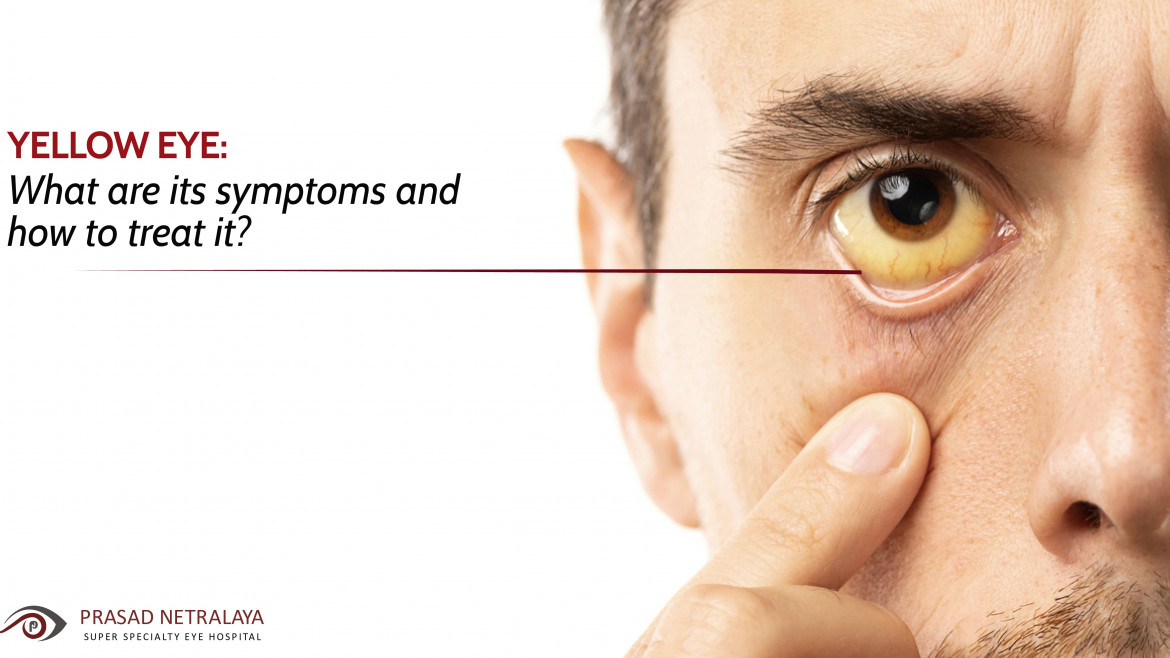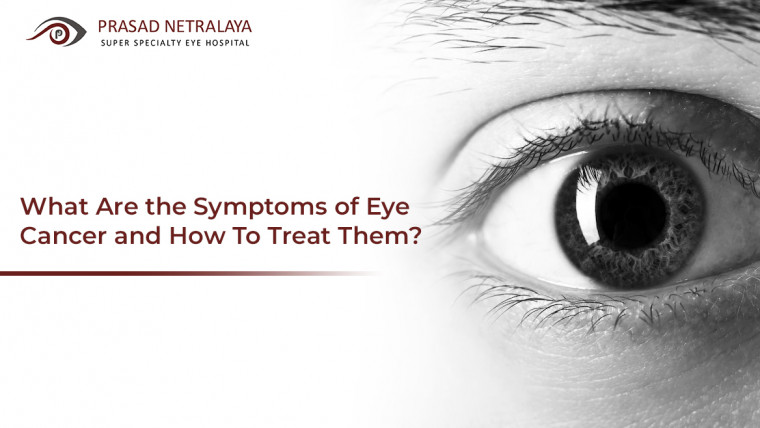Are your eyes starting to appear yellow? The whites of your eyes (also called sclera) commonly turn yellow when you have a condition called jaundice. Sometimes, medications or certain medical conditions can also lead to yellowish eyes. Read on to find out about yellow eyes,and what you can do about them.
Table of Contents
Are Yellow Eyes Normal?
Healthy eye tissue looks white, and yellowing of the sclera could mean an underlying health condition. Yellow eyes occur when your body has too much of a chemical called ‘bilirubin’, a yellow pigment that forms with the breakdown of red blood cells. Usually, the liver filters out bilirubin from the blood and uses it to make a fluid called bile. Bile moves through thin tubes to get to your digestive tract and outside the body as waste.
But if the blood has too much bilirubin, the body won’t get rid of it fast enough and it builds up — turning your skin and eyes yellow. Normally, it’s due to a simple benign cause signifying a problem elsewhere in the body but sometimes yellowish eyes could mean something more serious.
What Causes Yellowish Eyes?
Yellowing of the eyes happen if one or more of these organs aren’t working correctly:
- Liver
- Pancreas
- Gall bladder
- Blood
Liver
Since your liver breaks down the red blood cells, any liver dysfunction can cause Cirrhosis, commonly known as liver scarring. It can happen due to:
- Alcohol disorder
- Liver cancer
- Liver infection
- Hepatitis B and C
Gall bladder
Your gall bladder contains bile from your liver, which helps you digest fats and connect to your liver through bile ducts. Conditions like gallstones, cysts and tumours can block your bile ducts. When the bile ducts are unable to transport bile, it builds up, causing yellow eyes.
Pancreas
Your pancreas produces hormones and enzymes that aid digestion. Along with the bile duct, the duct from your pancreas leads to the small intestine. If it’s infected or obstructed, the bilirubin build-up can cause yellow eyes.
Blood Disorders
Ideally, your red blood cells should break down once they reach your liver, but it isn’t likely to happen during certain conditions like:
- Sickle cell anaemia
- Blood transfusion incompatibility
- Hemolytic anaemia
Regardless of which of these conditions is causing jaundice, you should seek medical help right away as they could be life-threatening.
Symptoms
Are yellow eyes bad? Not always. Sometimes yellow eyes are mistaken for ‘pinguecula’ — a benign yellowish growth on the sclera. But when accompanied with yellow skin, it typically signifies jaundice where other symptoms include:
- Fever
- Appetite loss
- Nausea
- Vomiting
- Fatigue
- Weakness
- Joint or muscle aches
You may also experience symptoms with certain conditions. For example, an issue with the gall bladder is more likely to be accompanied by other symptoms too, such as chills, fever and abdominal pain. At the same time, liver disease is seen alongside appetite loss and nausea. Bilirubin build-up in the body not only causes jaundice but dark-coloured urine and itchy skin as well.
How Do You Treat Yellow Eyes?
Identifying the cause of yellow eyes is the first step towards treatment. Once you treat the cause, yellow eyes should improve. If you notice the yellowing of your eyes or a loved one, seek medical attention immediately., The earlier it is treated, the better.
If jaundice occurs due to an infection like Malaria or Hepatitis C, you may need to take antibiotics, antifungals or antivirals. When jaundice is the result of alcohol, you may need medical intervention to help reduce consumption, or quit it.
We at Prasad Netralaya have devoted our careers to understanding conditions affecting the eyes. If you have any doubts about yellow eyes or your eye health topic, call us at +91 9513596565, or you could book an appointment if you wish to visit in person. You can also book a teleconsultation.
Dr. Vikram Jain, M.S. had his medical training (MBBS) from Kasturba Medical College, Mangalore, India. He did his master’s in Ophthalmic surgery from Kasturba Medical College, Manipal. He currently manages the Glaucoma department of Prasad Netralaya hospital.



